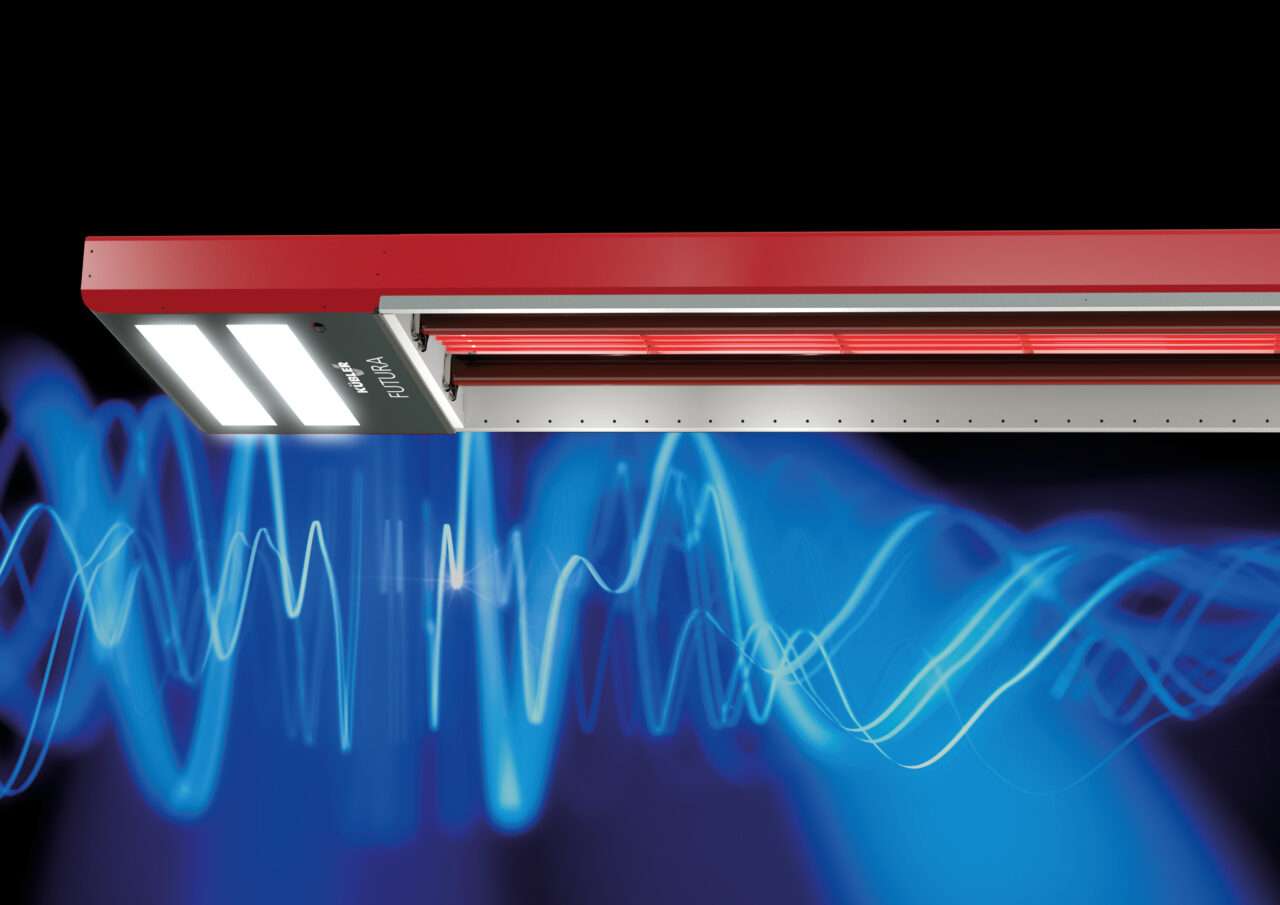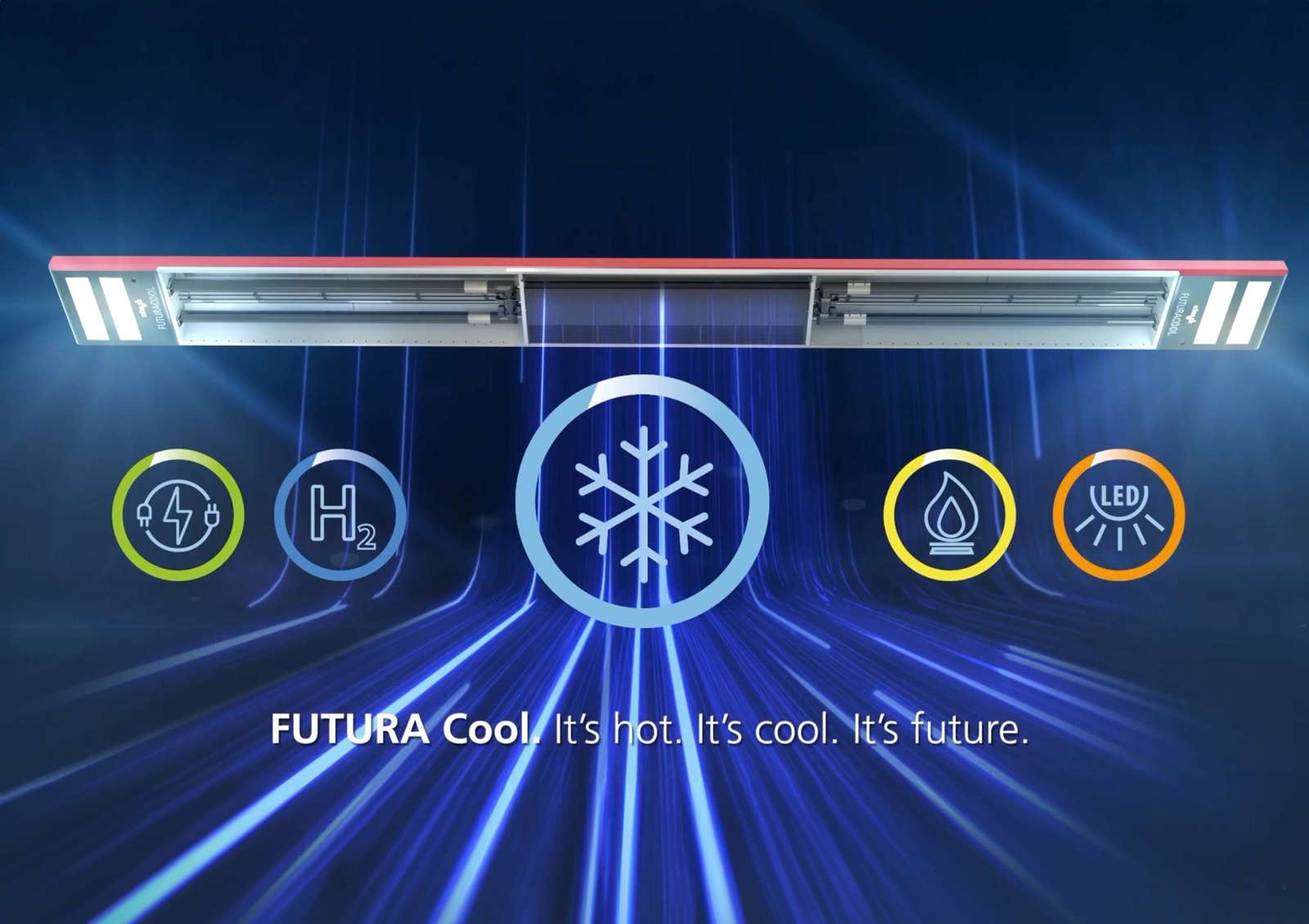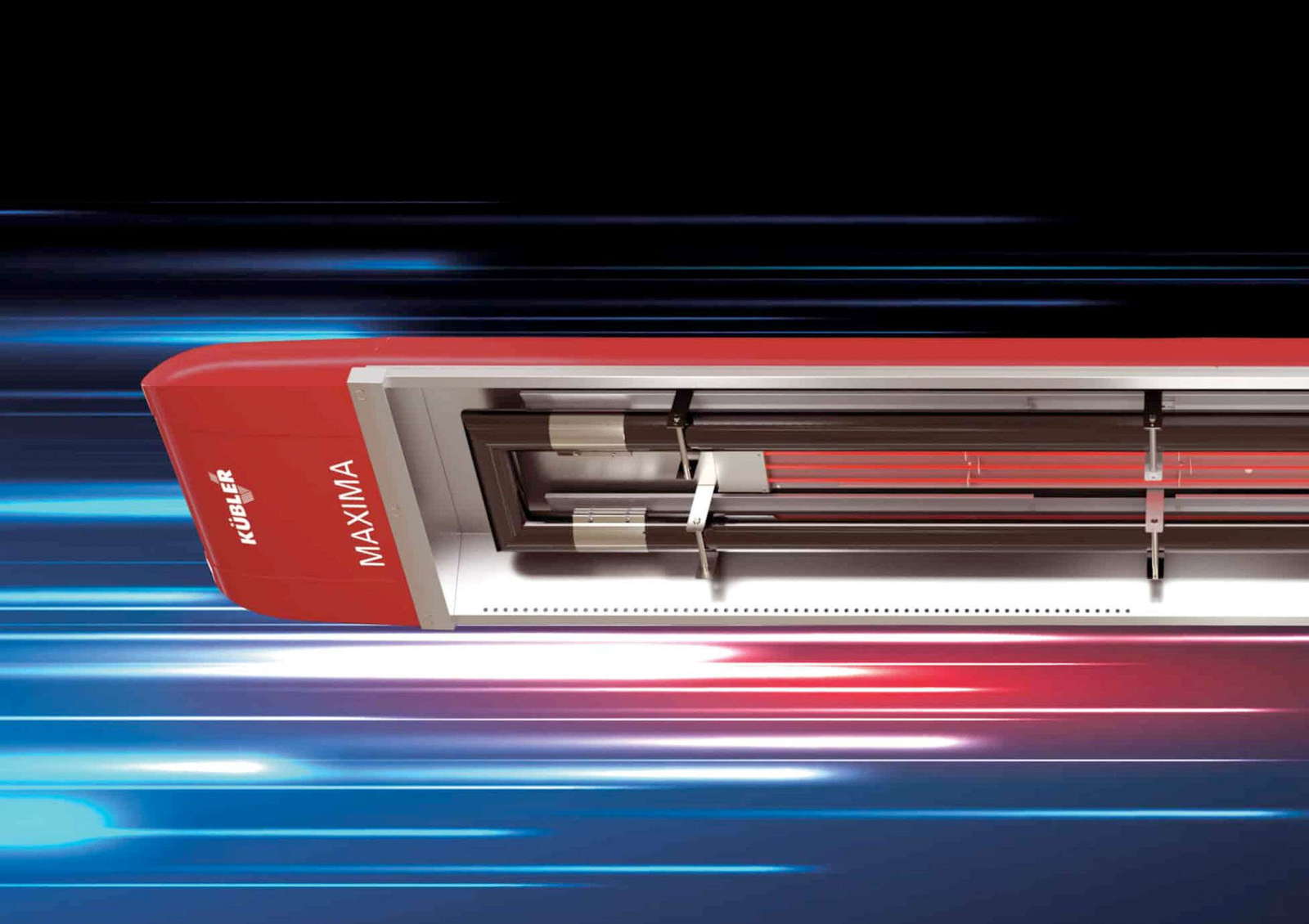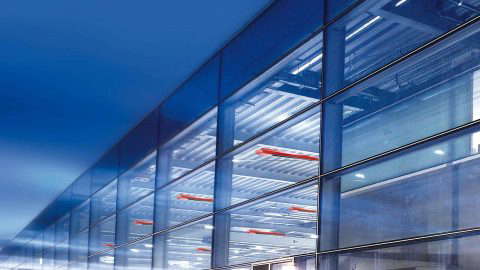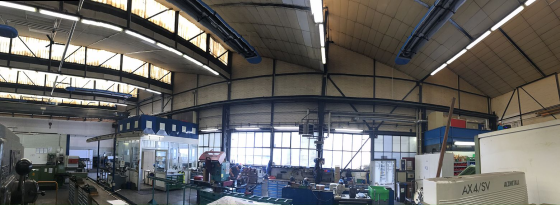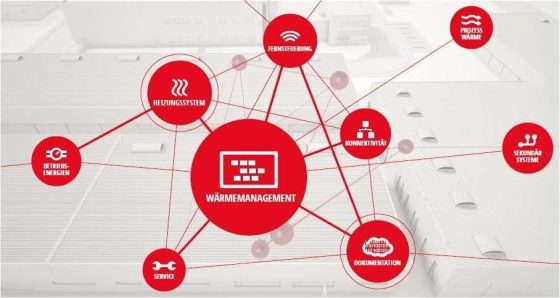KÜBLER and Eickhoff - nominated for dena's Energy Efficiency Award!
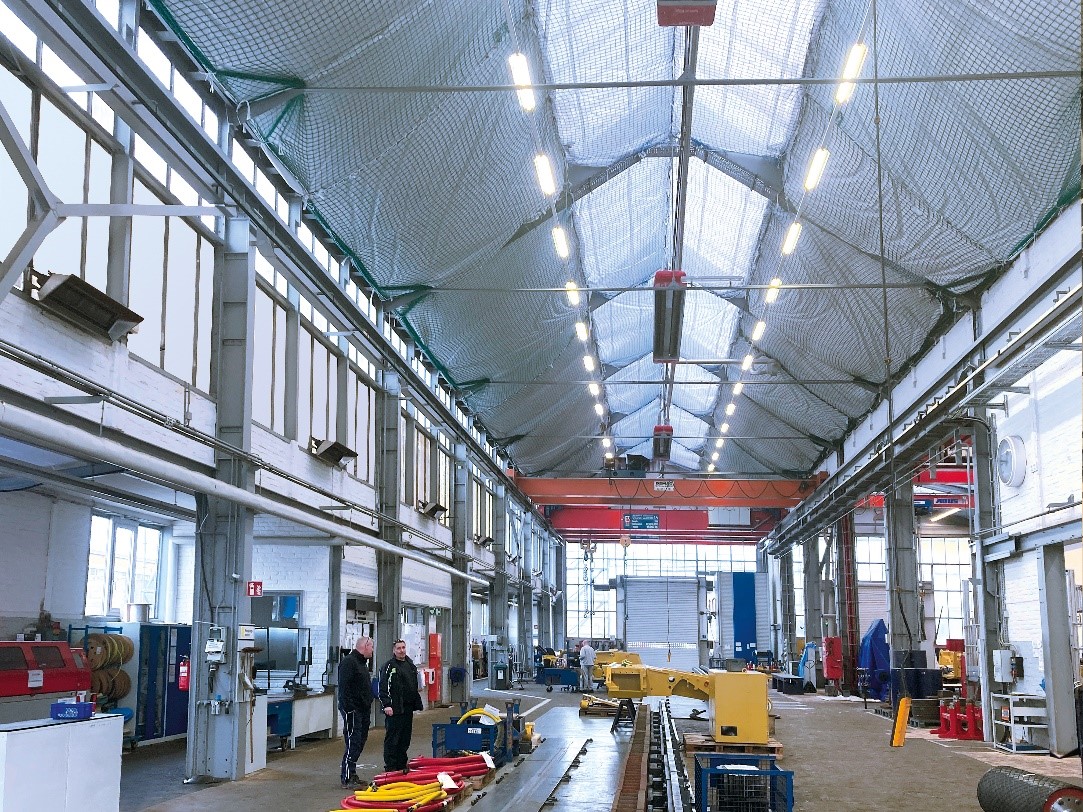
The large-scale project is characterized by several advantages:
- Energy consumption has been reduced by 55 %
- 1,359 tons of CO₂ are saved annually
- Energy costs fell by 60 %
- and there were no investment costs for renting a smart heating system from KÜBLER HeizWerk.
The heating appliances in the MAXIMA range can also be retrofitted for electric operation (MAXIMA E-Hybrid).
The new technology consists of high-efficiency IR hall heating systems from KÜBLER's MAXIMA line and condensing technology for using waste heat to heat domestic hot water, in particular from compressors (KÜBLER H.Y.B.R.I.D.). In addition, there was a connection to the district heating system (office building) and a condensing gas boiler for peak load and reserve. Additional measures included the CELESTRA digital heating control system, the EMMA energy management system and the replacement of electrical, gas and water pipes. Other parts of the plant that were previously heated with district heating (high-bay warehouse) and one hall were also equipped with IR technology.
The infrared heating was implemented as a rental solution (HeizWerk). The result after the first complete heating period: With energy savings of 55 %, energy costs were reduced by around 60 %.
And what's next for the Energy Efficiency Award? The award will be presented at the dena Energy Transition Conference on November 13.
We look forward to your publication!
-
The old hall heating system consumes too much energy, emits too much CO2 and is becoming increasingly unreliable. Good reasons to finally tackle heating modernization and replace the old system with a modern, energy-efficient one. But the expense seems high and is often shied away from. Yet today there are alternative solutions that can also be very interesting economically.
-
The traditional Grün-Weiss Mannheim club is one of the largest tennis clubs in Baden. The club has two of its own tennis halls and thus offers continuous training opportunities for the players. However, heating the two halls from 1952/53 and 1972 was increasingly becoming a financial burden for the club. Between 30,000 and 35,000 liters of heating oil per year were consumed [...]
-
How to save 3.7 million kWh - almost 70 percent! - energy can be saved? This is demonstrated by the joint project of hall heating specialist KÜBLER and Höganäs Germany GmbH (formerly H.C. Starck) at the Laufenburg site near the Swiss border. For dena, this is a flagship project that the German Energy Agency is publishing on its new website as an example of good practice.
-
WÄRME 4.0 - Energy-saving hall heating has a new face.
